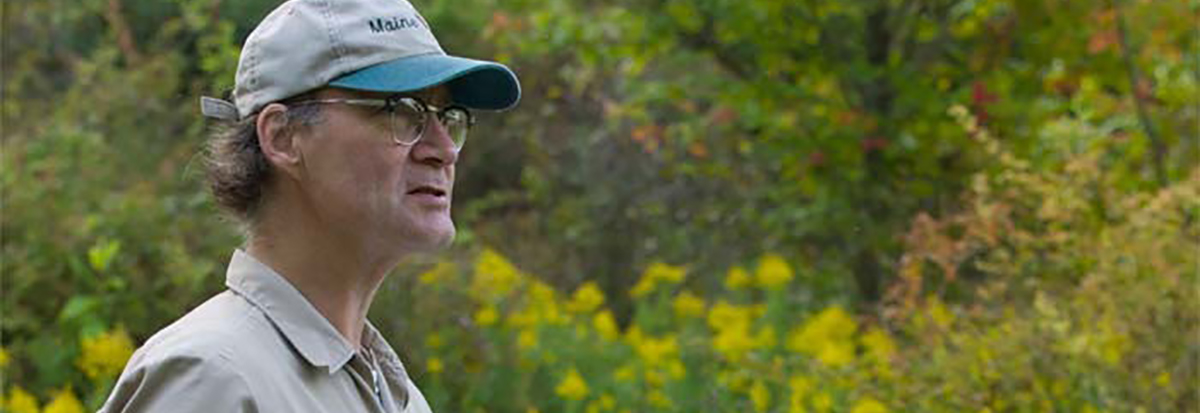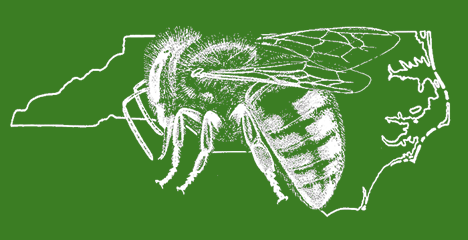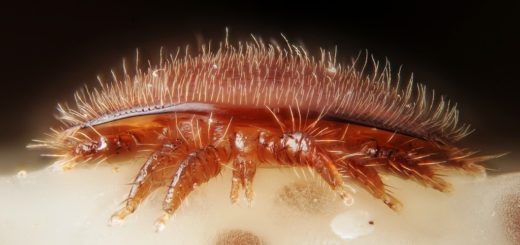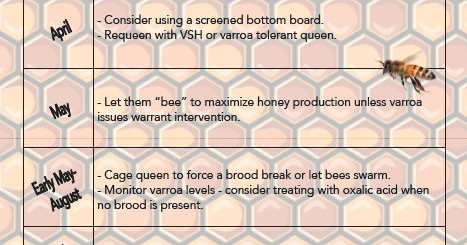
BACKGROUND
Tom Seeley grew up in Ithaca, New York. He began keeping and studying bees while a high school student when he brought home a swarm of bees in a wooden box. He went away to college at Dartmouth in 1970, but he returned to Ithaca each summer to work at the Dyce Laboratory for Honey Bee Studies at Cornell University, where he learned the craft of beekeeping and began probing the inner workings of the honey bee colony. Thoroughly intrigued by the smooth functioning of bee colonies, he went on to graduate school at Harvard University where he studied under two ant men (Drs. Bert Hölldobler and Edward O. Wilson), began his research on bees in earnest, and earned his Ph.D. in 1978. After teaching at Yale for six years, he worked his way home to Ithaca/Cornell in 1986, where he has been ever since.
RESEARCH
Dr. Seeley’s scientific work focuses on understanding the phenomenon of swarm intelligence (SI): the solving of cognitive problems by a group of individuals who pool their knowledge and process it through social interactions. It has long been recognized that a group of animals, relative to a solitary individual, can do such things as capture large prey more easily and counter predators more effectively. More recently it has been realized that a group of animals, with the right organization, can also solve cognitive problems with an ability that far exceeds the cognitive ability of any single animal.
His research focuses on the behavior, social life, and ecology of honey bees and has been summarized in four books: Honeybee Ecology (1985, Princeton), The Wisdom of the Hive (1995, Harvard), Honeybee Democracy (2010, Princeton), and Following the Wild Bees (2016, Princeton).
RESOURCES
Papers and Publications
Seeley’s Cornell website
Wikipedia, includes links to scientific papers






